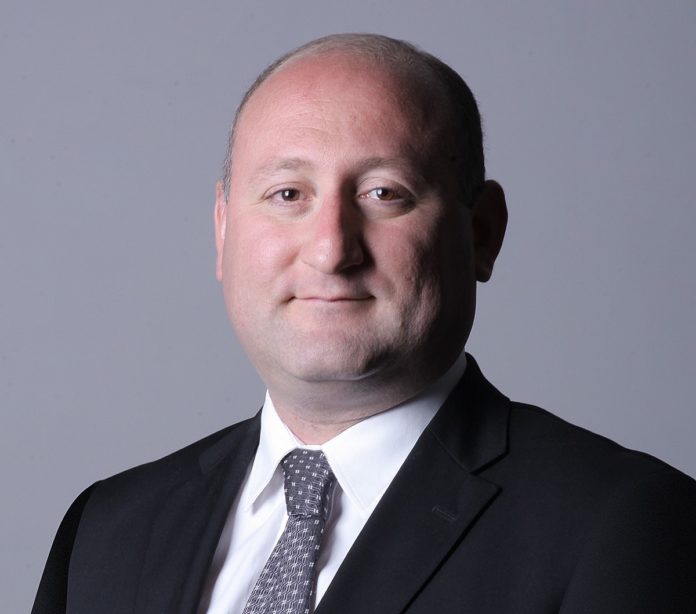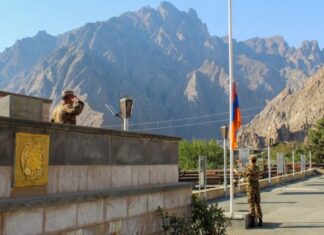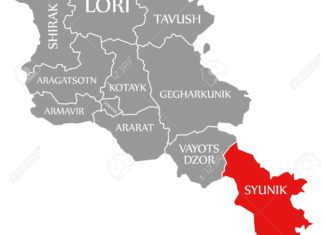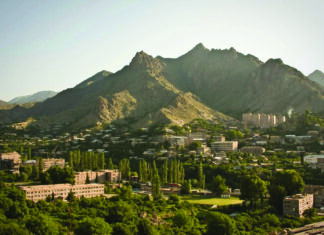One of the tools used by decision-makers in the United States to influence policies is lobbying (buying influence). This tool is used by both domestic actors and foreign governments through officially registered lobbying organizations in the US. There are two types of lobbying organizations in the US: professional and ethnic.
Professional lobbying refers to lobbying activities carried out by organizations that are specifically created and officially registered for this purpose. Under US law, this information — including the signed contract and services rendered to the client — must be officially registered with the appropriate government agencies to ensure transparency. Such lobbying organizations often employ former legislators and former officials of legislative and executive bodies, since lobbying requires political influence and strong connections with members of Congress, executive officials, and other key decision-makers. Since 2016, foreign states have spent approximately $6 billion on lobbying in the US., using the services of hundreds of professional lobbying firms.

The second type of lobbying is ethnic lobbying. This operates within a different context and agenda, driven by ethnic lobbying groups within the US. As Zbigniew Brzezinski has noted, among the most effective ethnic lobby groups in the US are Jewish, Greek, and Armenian ones. These groups are well-organized, have clear agendas, and have exerted, and continue to exert, influence on US foreign policy decisions.
For instance, while Turkey and Azerbaijan require professional lobbying firms to achieve their goals, Armenia benefits from an organized Armenian community whose active efforts helped Armenia receive significant aid from the US for many years, whereas Azerbaijan was deprived of such aid for about a decade thanks to the Armenian ethnic lobby’s efforts and Section 907. However, there are nuances here.
Since Armenian lobbying efforts are financed by the diaspora community rather than the Armenian government, it is the community that sets the agenda and priorities, and the community’s resources are directed toward promoting these goals. For the Armenian-American community, genocide recognition has been a key issue for years. Through persistent efforts, this goal was achieved when both chambers of Congress and eventually President Joe Biden recognized the Armenian Genocide.









